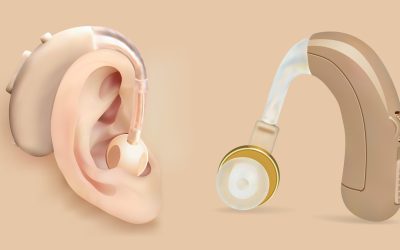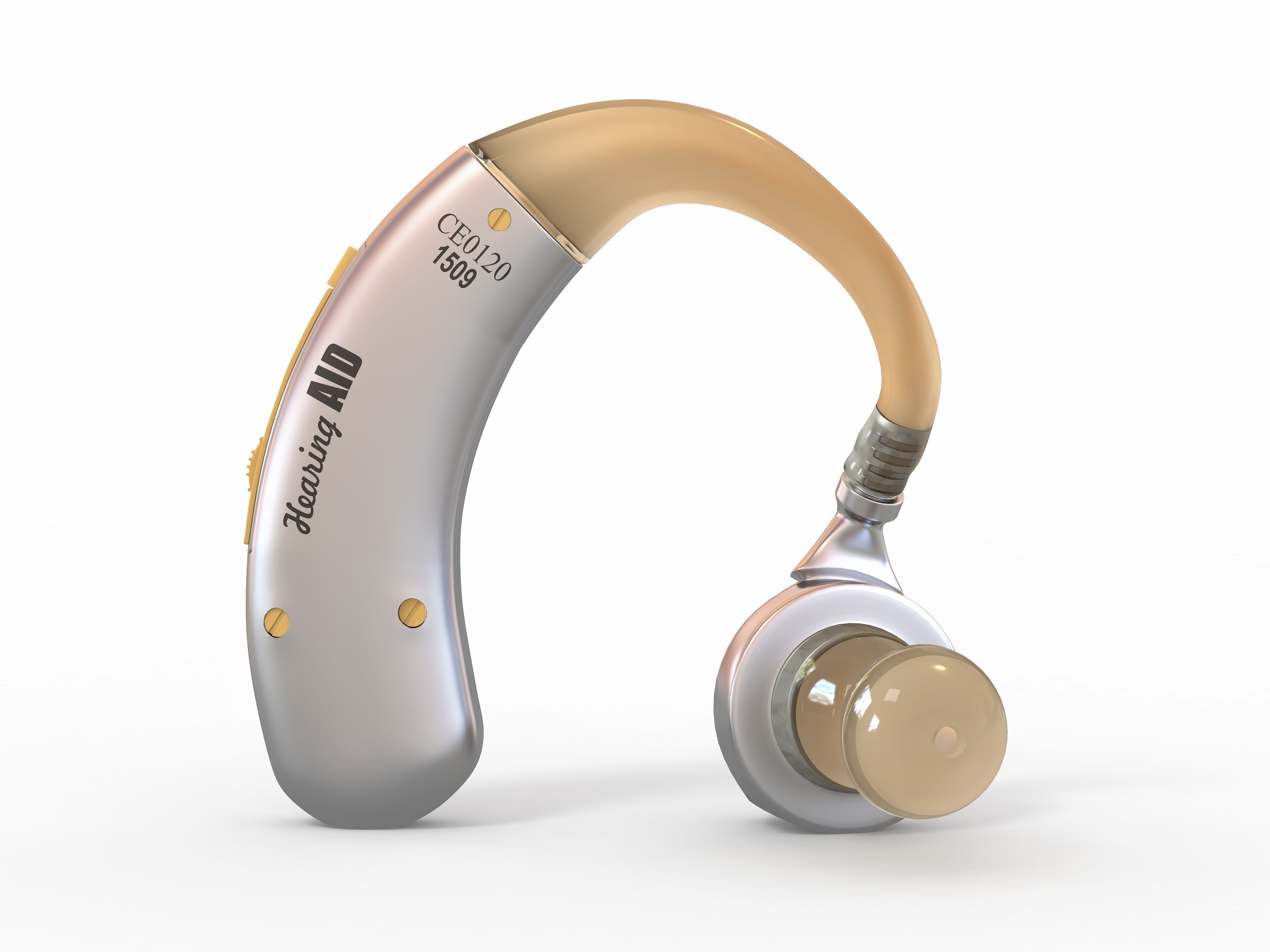Most people are unaware of how many people they meet throughout their day that are living with a hearing issue. Many times, dealing with these hearing issues can be pretty straightforward. Sometimes, whether it’s because of an accident or a degenerative condition, someone may have significant hearing loss. At the same time, many types of treatments can help a person hear better. Whether with hearing aids, medical procedures, or even prescription medication, it’s important to determine the level and cause of the hearing loss. This is where the services of an Audiologist in Grand Rapids can be helpful.
If anyone has had a hearing test from a specialist, they have been in the care of an audiologist. Audiologists are the technicians who handle the different types of hearing tests that a person may have to undergo if their doctor feels that they have hearing loss. However, the level of hearing loss can only accurately be determined by an audiologist.
In some cases, if a person is experiencing prolonged hearing loss that isn’t related to some congestion issue, their general physician may refer their patient to an ear, nose, and throat specialist. From there, the ear, nose, and throat doctor will likely run hearing tests.
Typically, audiologists work at hospitals, as well as at individually owned hearing clinics. These audiologists will perform tests. The results of those tests, along with any other input from the audiologist, will determine the diagnosis and a form of treatment for the hearing loss.
If a person has a general physician, they can ask for a referral if their hearing loss isn’t getting better. If a person doesn’t have a general physician, they can often go straight to the source. In these instances, you may want to Contact Ava Hearing Center for a hearing evaluation. You will likely meet with an audiologist to get a hearing test to determine if a device, such as a hearing aid, will be helpful. If not, they will determine if other medical treatments may be able to restore some or all of your hearing.


